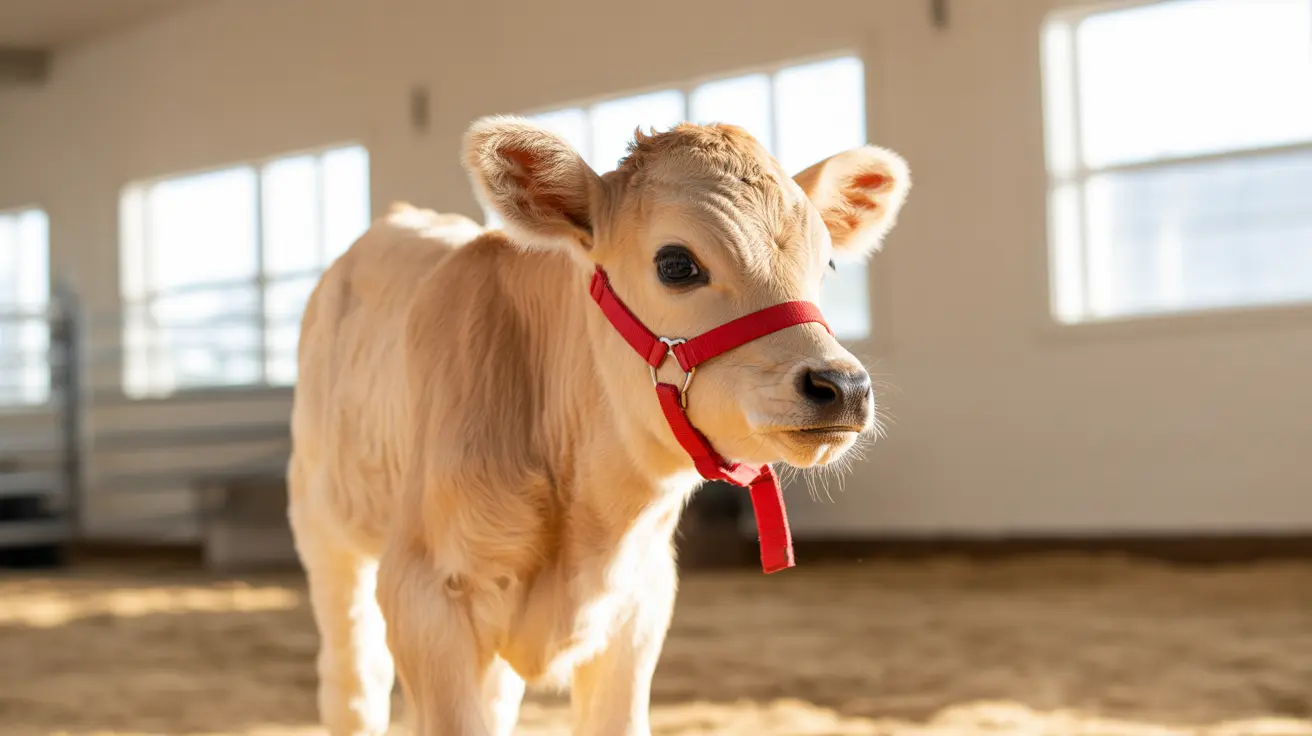Can Pears Upset a Dog's Stomach? What Pet Owners Should Know
As responsible pet owners, we often wonder whether the human foods we enjoy are safe for our furry companions. Pears are among the fruits that many people love for their sweet taste and nutritional value. But can dogs eat pears without discomfort? The answer is yes—with some important caveats.
Are Pears Safe for Dogs?
Generally, pears are safe for dogs to eat in moderation. They contain essential nutrients like vitamin C, vitamin K, and fiber. However, feeding them improperly or in excessive amounts can lead to stomach upset or even more serious health issues.
Why Pears Can Cause Digestive Issues
Despite their health benefits, pears can upset a dog’s stomach due to several factors:
- High fiber content: While fiber aids digestion, too much can cause diarrhea or bloating.
- Natural sugars: Pears contain fructose, which in excess can lead to gastrointestinal distress or weight gain.
- Seeds and cores: Pear seeds contain traces of cyanide, which is toxic to dogs. The hard core can also pose a choking hazard or cause an intestinal blockage.
Signs That Pears Have Upset Your Dog's Stomach
If your dog has eaten too much pear—or ingested seeds or core—you may observe the following symptoms:
- Vomiting
- Diarrhea
- Lack of appetite
- Lethargy
- Abdominal discomfort or bloating
If these symptoms persist, contact your veterinarian as soon as possible.
How to Safely Feed Pears to Your Dog
Taking the right precautions can help your dog enjoy pears without any adverse effects. Here are some safety tips:
- Wash thoroughly: Remove any pesticides or contaminants.
- Remove seeds and core: Ensure no toxic parts are included.
- Cut into small pieces: This helps avoid choking hazards.
- Limit portion size: Treat it as an occasional treat, not a dietary staple.
How Much Pear Can a Dog Safely Eat?
Moderation is key. For small dogs, a few small slices once or twice a week is sufficient. Larger dogs can handle a bit more. Always observe your dog after introducing any new food.
Health Benefits of Pears for Dogs
When given properly, pears can offer health benefits to dogs, such as:
- Improved digestion from dietary fiber
- Immune support thanks to vitamin C
- Stronger bones from vitamin K
- Low-calorie content for healthier treat options
Can Puppies Eat Pears?
Puppies have more sensitive digestive systems than adult dogs. It's best to avoid feeding pears until they are older, or consult your veterinarian first.
What If My Dog Ate Pear Seeds?
If your dog consumes pear seeds, monitor for symptoms like labored breathing, dilated pupils, or vomiting. While a few seeds may not cause immediate harm, larger amounts could be dangerous. Seek veterinary advice promptly.
Alternatives to Pears for Dogs
If your dog doesn’t respond well to pears or you’re looking for variety, consider these dog-safe fruits:
- Apples (without seeds)
- Blueberries
- Bananas
- Strawberries
- Watermelon (seedless)
Conclusion
Pears can be a safe and tasty treat for your dog, as long as you feed them in moderation and prepare them properly. Avoid the seeds and core, and always introduce new foods cautiously. When in doubt, consult your vet for tailored dietary advice.





